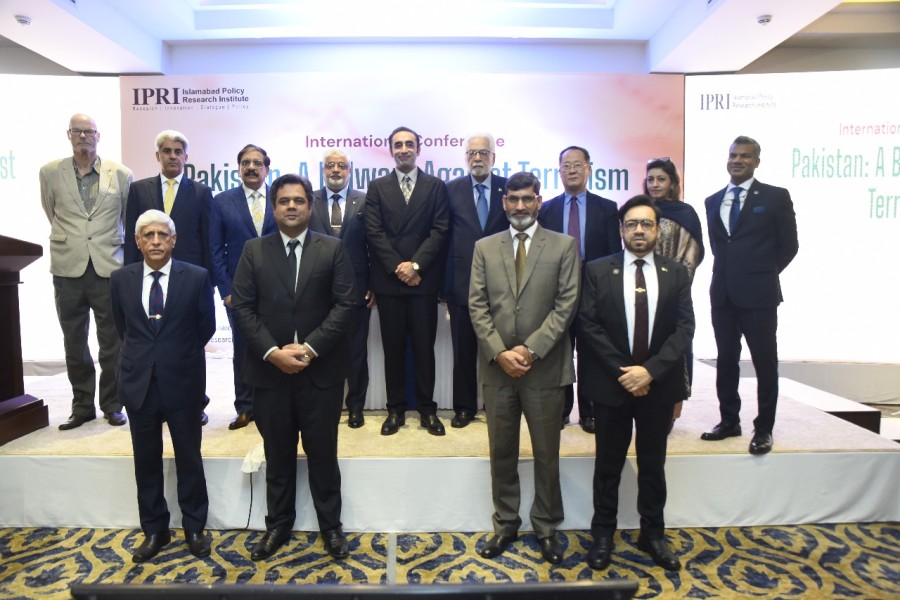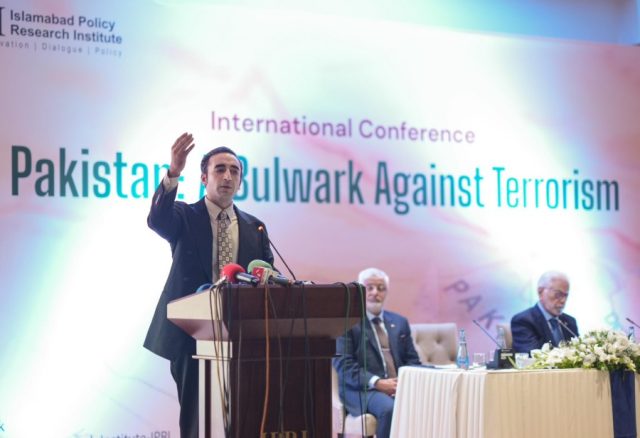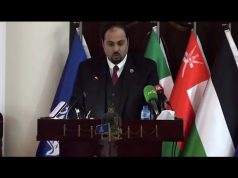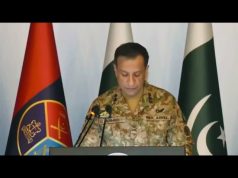ISLAMABAD, Wednesday, July 2, 2025 (WNP): Pakistan Peoples Party (PPP) Chairman Bilawal Bhutto Zardari, in a forceful and wide-ranging keynote address at the International Conference titled “Pakistan: A Bulwark Against Terrorism”, asserted that Pakistan remains the world’s foremost defender against global terrorism — paying the highest cost in blood, economic setbacks, and psychological trauma while continuing to confront extremism head-on.
Speaking before diplomats, international delegates, civil society representatives, and security experts, Chairman Bilawal evoked the legacy of his grandfather, former Prime Minister Zulfikar Ali Bhutto, stating: “When my grandfather stood before the world, he spoke with the moral authority of a young republic. He told the mighty that history stands with those who dare, not those who drift.”
Carrying that legacy forward, Bilawal said Pakistan has not drifted amid the global storm of terrorism, but has instead steered through the chaos — often alone — and refused to flinch in the face of relentless violence.
Recounting the toll of terrorism over the past two and a half decades, Bilawal revealed staggering figures: over 92,000 Pakistanis — soldiers, civilians, children, educators, and common citizens — have lost their lives. The economic toll exceeds $150 billion. Just in 2024, he said, Pakistan suffered its deadliest year in a decade with 444 attacks claiming the lives of 1,612 civilians and 685 service members.
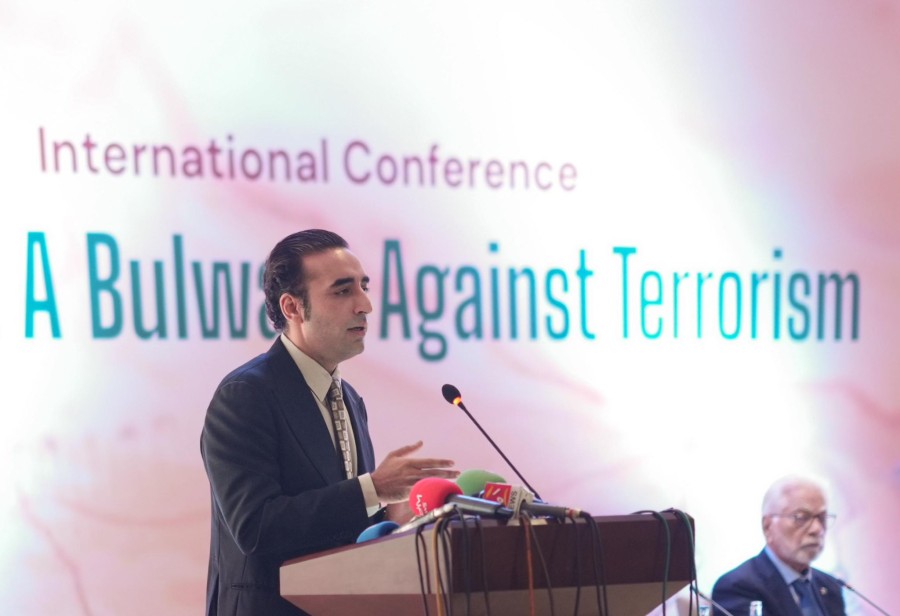
“These are not statistics,” he said. “They are vacant chairs at breakfast tables. Yet each tragedy strengthens our resolve.”
Bilawal issued a strong warning to the global community: “Terrorism is borderless. A bomb in Peshawar may be detonated by hands trained through chatrooms in North Africa or tutorials from Damascus. If we stand down, who will stand up?”
He reminded the world that Pakistan’s struggle is not an isolated battle, but a fight for all humanity. While Pakistan lives the reality of extremism daily, many others debate it from afar.
He praised Pakistan’s military operations — Zarb-e-Azb, Radd-ul-Fasaad, and ongoing operations in Balochistan — for breaking the back of terror outfits like al-Qaeda, Daesh, and the Tehrik-e-Taliban Pakistan (TTP). These, he said, were not remote-controlled campaigns but on-the-ground struggles involving soldiers, medics, teachers, and police who rebuilt communities behind conflict lines.
“Our roads bear the scars of IEDs and suicide bombings,” he said, “a price we pay so that others may commute in peace.”
Addressing the international perception of Pakistan, Bilawal demanded that the nation be treated with dignity and fairness:
- He called on visa regimes to show respect to Pakistani passports.
- Urged multilateral lenders to acknowledge Pakistan’s risk exposure.
- Asked global media to stop prefixing “troubled” to the country’s name.
“Respect is the minimum dividend of sacrifice,” he declared.
Bilawal delivered a blunt message to the Taliban regime in Afghanistan: “You were welcomed by many with the promise of stability. Instead, we saw a 40% rise in militant attacks on our soil.”
He urged Kabul to fulfill its Doha commitments, stop cross-border infiltration, and end safe havens for terror groups like the TTP and BLA.
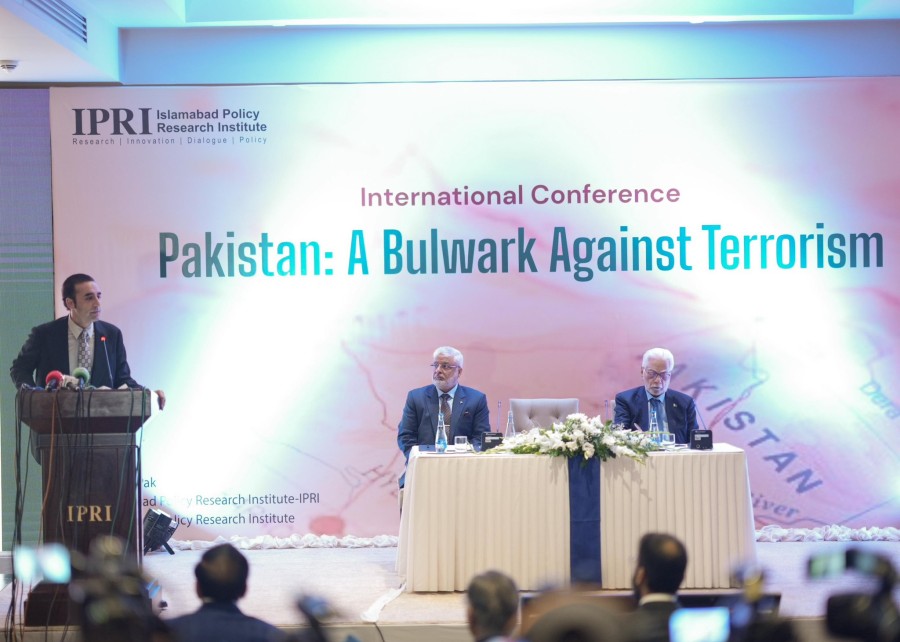
Calling for a revival of the global commitment made after 9/11, Bilawal emphasized that defeating extremism requires more than military strength. He proposed a “people’s economic and cultural corridor” alongside the China-Pakistan Economic Corridor (CPEC) to fund education, clean energy, and female empowerment in terrorism-hit regions.
“Every school built in Waziristan is a bullet we never have to fire,” he remarked.
Highlighting the digital spread of extremism, Bilawal renewed his call for a Digital Bill of Rights that would empower youth online and protect them from radical content. He held global tech platforms accountable for failing to filter extremist propaganda and warned that Pakistan would legislate consequences if negligence continues.
“If algorithms can detect copyright violations in seconds, they can also detect hate,” he stated.
He also urged international banking and financial institutions to treat terror-linked remittances with the same severity as narcotics-linked transactions.
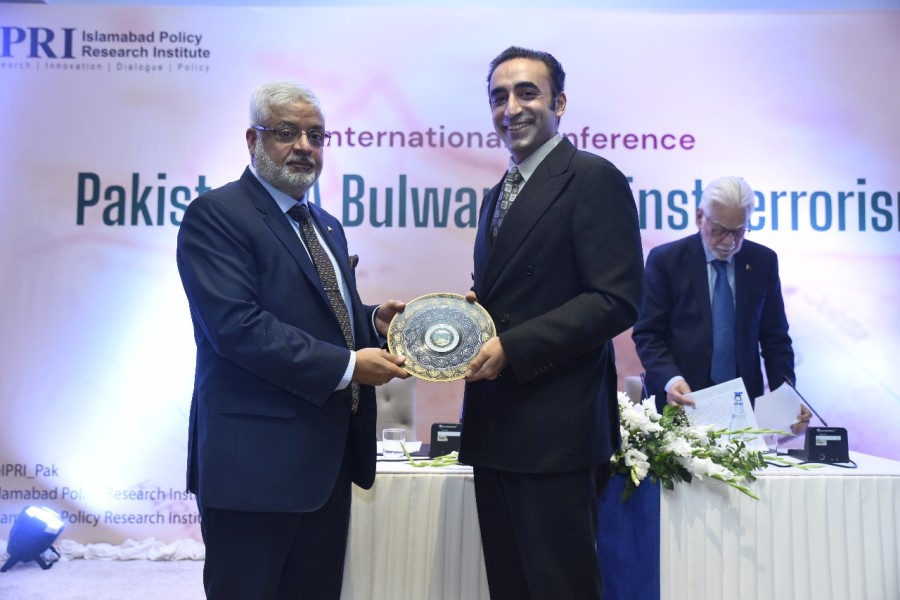
Bilawal emphasized the need to fight extremism intellectually as well as militarily:
- He advocated curriculum reforms that blend classical Islamic and South Asian pluralist teachings.
- Called for reclaiming public discourse from extremists.
- Urged investment in youth, women, and startups to counter radical recruitment.
“The coder in Karachi, the widow running a cooperative in Swabi, the F-16 pilot — these are Pakistan’s real insurgents against ignorance,” he declared.
In a significant policy overture, Bilawal extended a hand to India, urging New Delhi to recognize Pakistan’s transformation as an opportunity, not a threat.
“Terrorism cannot be fought by nationalist rhetoric or regional hegemony,” he said. “It’s time India steps down from its high horse. Let us sit together, resolve Kashmir as per the will of its people, end the weaponization of water, and build peace as tall as the Himalayas.”
Bilawal concluded with a stirring tribute to the resilience of the Pakistani people and an appeal to global partners: “We have bled enough to write the preface of peace in our own ink. We will not have it proofread by those who stayed safe behind oceans and alibis.”
Echoing the famous words of Zulfikar Ali Bhutto, he said: “We will fight for as long as it takes—but we will not need a thousand years. Our enemy is small compared to our conviction.”
He left the audience with a powerful reminder: “Every time you strike, we rebuild taller. Every time you divide, we reconcile deeper. Every time you preach death, we invest in life.”
As the world continues to grapple with evolving forms of extremism, Bilawal Bhutto Zardari positioned Pakistan not as a passive victim or troubled state, but as a steadfast frontline nation — bloodied but unbowed, demanding its rightful place in shaping a safer, saner global future.
